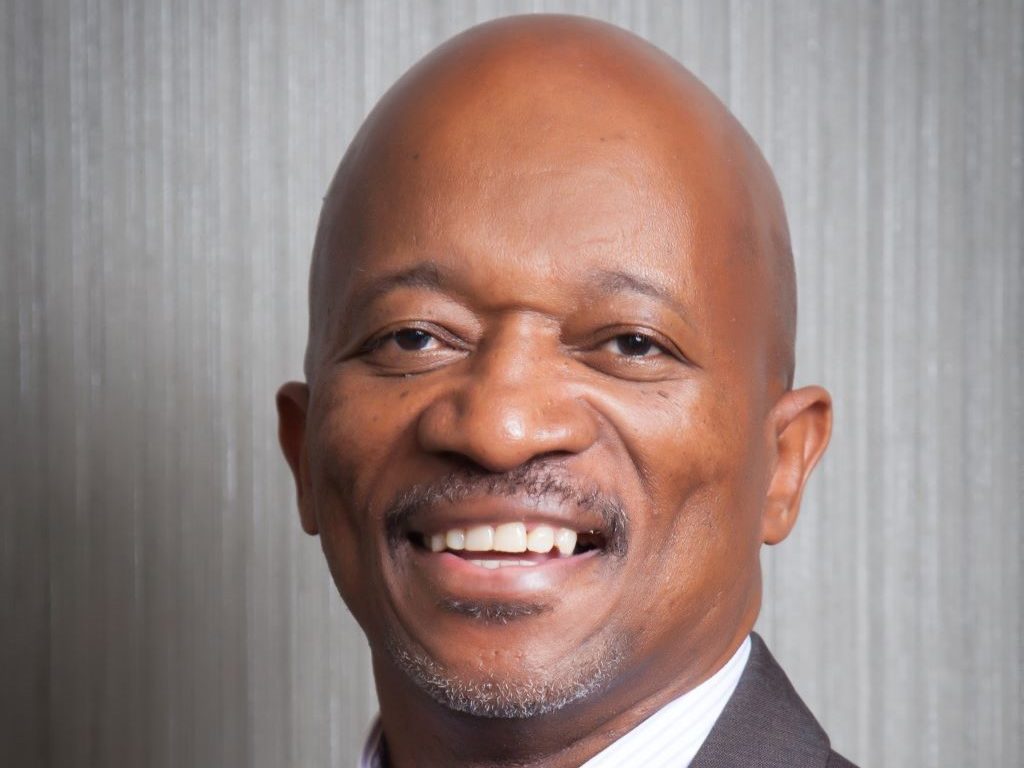
By Dr Dumisani Bomela, Chief Executive Officer of the Hospital Association of South Africa
There’s an old African idiom: “When elephants fight, the grass suffers.” The “elephants”, however, are two interdependent players in healthcare: the government, which is pushing for the National Health Insurance (NHI), and private healthcare providers and funders, who have long raised serious concerns about the initiative.
At the heart of the dispute is whether a single-fund NHI is constitutional, viable, and sustainable. The legal conflict is shaping up to be unlike anything we have seen in this country.

Some legislators argue that the private healthcare sector opposes reform because it is driven by profit and harbours anti-poor sentiments. But no one in the private healthcare sector is opposed to the objectives of the National Health Insurance. We are in favour of healthcare reform that works. There is a crucial difference.
It is a difference dismissed by those determined that only their view matters. The result is that not only has the country spent nearly two decades in a fruitless debate about the NHI, but it appears that those in charge of the healthcare system have prioritised stagnation over progress. When alternatives could have been explored, expert advice considered, research examined, and insights heard, none were.
Instead, constructive dialogue leading to a positive compromise benefiting patients is perceived as a weakness to be denied and overcome. Perspectives have become so entrenched that mutual understanding seems out of reach. Consequently, energy, effort, and resources will be spent in courts rather than on designing solutions.
Meanwhile, the country’s healthcare users are not getting the attention they deserve. South Africans continue to suffer in under-resourced facilities or struggle to afford medical coverage.
Current legislation and regulation already allow for immediate reforms that could lower healthcare costs and ease pressure on the system and public hospitals. We could complete the reform pathway that would support the affordability of medical aid for millions more South Africans, a move that experts and the Health Market Inquiry have recommended.
Through public–private collaboration and innovation, we can upgrade healthcare infrastructure and develop a stronger base of critical healthcare skills, particularly in nursing, ultimately creating jobs and strengthening the national fiscus. These are realistic and achievable solutions that would deliver real progress in the short term and better position us to move more confidently towards universal healthcare coverage.
Our greatest achievement as a nation has been our ability to unite in times of crisis. We can do it again, but only if all role players are meaningfully involved in healthcare reform – including the private sector – and are willing to listen, consider, and compromise with each other to meet the needs of all healthcare users. To begin with, the government must view private healthcare as a strategic partner, a national asset that can offer significant ideas to resolve the national health delivery crisis. Private healthcare, on the other hand, faces challenges, some of which were identified in the Health Market Inquiry, and others that will undoubtedly be raised in the roundtable debates accompanying the collaborative initiatives crucial to strengthening the system.
If we don’t change course, patients waiting in overcrowded facilities will continue to suffer, and families will continue to struggle to afford care. Dedicated doctors and nurses already working under increasingly difficult conditions will face a darkening future, and the entire system will creak more ominously.
The path to reform does not have to be adversarial. We can redesign healthcare together, combining the strengths of both public and private sectors in the spirit of recognising our shared humanity and interdependence. We can still choose collaboration over confrontation, practical solutions over political battles, and progress over passivity.
But we must act now. Time is running out, and every day spent fighting in courtrooms rather than sitting eye to eye and exchanging ideas is another day that South Africans suffer without the healthcare they deserve. The choice is ours: Will we fight each other, or will we fight together for a healthcare system that serves everyone?

